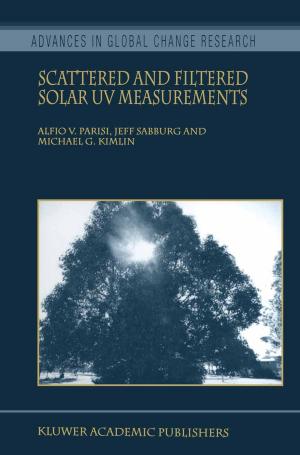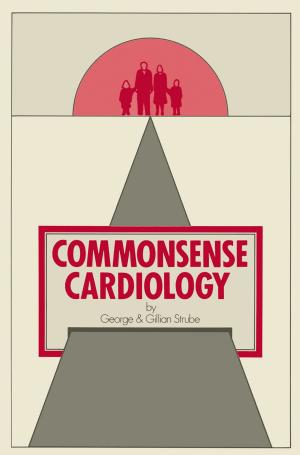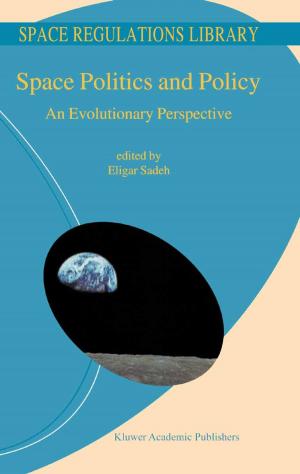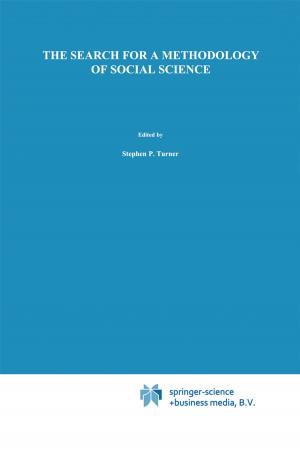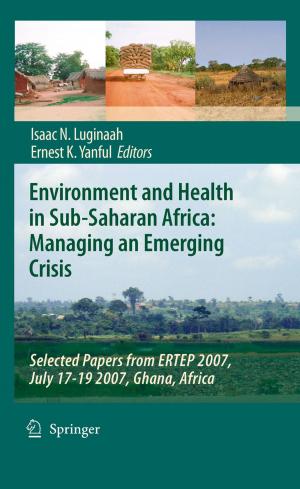Founding Psychoanalysis Phenomenologically
Phenomenological Theory of Subjectivity and the Psychoanalytic Experience
Nonfiction, Religion & Spirituality, Philosophy, Health & Well Being, Psychology| Author: | ISBN: | 9789400718487 | |
| Publisher: | Springer Netherlands | Publication: | October 12, 2011 |
| Imprint: | Springer | Language: | English |
| Author: | |
| ISBN: | 9789400718487 |
| Publisher: | Springer Netherlands |
| Publication: | October 12, 2011 |
| Imprint: | Springer |
| Language: | English |
The present anthology seeks to give an overview of the different approaches to establish a relation between phenomenology and psychoanalysis, primarily from the viewpoint of current phenomenological research. Already during the lifetimes of the two disciplines' founders, Edmund Husserl (1859 - 1938) and Sigmund Freud (1856 – 1939), phenomenological and phenomenologically inspired authors were advancing psychoanalytic theses. For both traditions, the Second World War presented a painful and devastating disruption of their development and mutual exchange. During the postwar period, phenomenologists, especially in France, revisited psychoanalytic topics. Thus, in the so-called second generation of phenomenology there developed an intensive reception of the psychoanalytic tradition, one that finds its expression even today in current hermeneutic, postmodern and poststructuralist conceptions. But also in more recent phenomenological research we find projects concentrated systematically on psychoanalysis and its theses. In this context, the status of psychoanalysis as a science of human experience is discussed anew, now approached on the ‘first person’ basis of a phenomenological understanding of subjective experience. In such approaches, phenomena like incorporation, phantasy, emotion and the unconscious are discussed afresh. These topics, important for modern phenomenology as well as for psychoanalysis, are examined in the context of the constitution of the human person as well as of our intersubjective world. The analyses are also interdisciplinary, making use of connections with modern medicine, psychiatry and psychotherapy. The systematic investigations are enriched by historical analysis and research in the internal development of the disciplines involved. The volume presents recent work of internationally recognized researchers – phenomenologically oriented philosophers, psychoanalysts and psychotherapists – who work in the common field of the two disciplines. The editors hope that this selection will encourage further systematic collaboration between phenomenology and psychoanalysis
The present anthology seeks to give an overview of the different approaches to establish a relation between phenomenology and psychoanalysis, primarily from the viewpoint of current phenomenological research. Already during the lifetimes of the two disciplines' founders, Edmund Husserl (1859 - 1938) and Sigmund Freud (1856 – 1939), phenomenological and phenomenologically inspired authors were advancing psychoanalytic theses. For both traditions, the Second World War presented a painful and devastating disruption of their development and mutual exchange. During the postwar period, phenomenologists, especially in France, revisited psychoanalytic topics. Thus, in the so-called second generation of phenomenology there developed an intensive reception of the psychoanalytic tradition, one that finds its expression even today in current hermeneutic, postmodern and poststructuralist conceptions. But also in more recent phenomenological research we find projects concentrated systematically on psychoanalysis and its theses. In this context, the status of psychoanalysis as a science of human experience is discussed anew, now approached on the ‘first person’ basis of a phenomenological understanding of subjective experience. In such approaches, phenomena like incorporation, phantasy, emotion and the unconscious are discussed afresh. These topics, important for modern phenomenology as well as for psychoanalysis, are examined in the context of the constitution of the human person as well as of our intersubjective world. The analyses are also interdisciplinary, making use of connections with modern medicine, psychiatry and psychotherapy. The systematic investigations are enriched by historical analysis and research in the internal development of the disciplines involved. The volume presents recent work of internationally recognized researchers – phenomenologically oriented philosophers, psychoanalysts and psychotherapists – who work in the common field of the two disciplines. The editors hope that this selection will encourage further systematic collaboration between phenomenology and psychoanalysis


